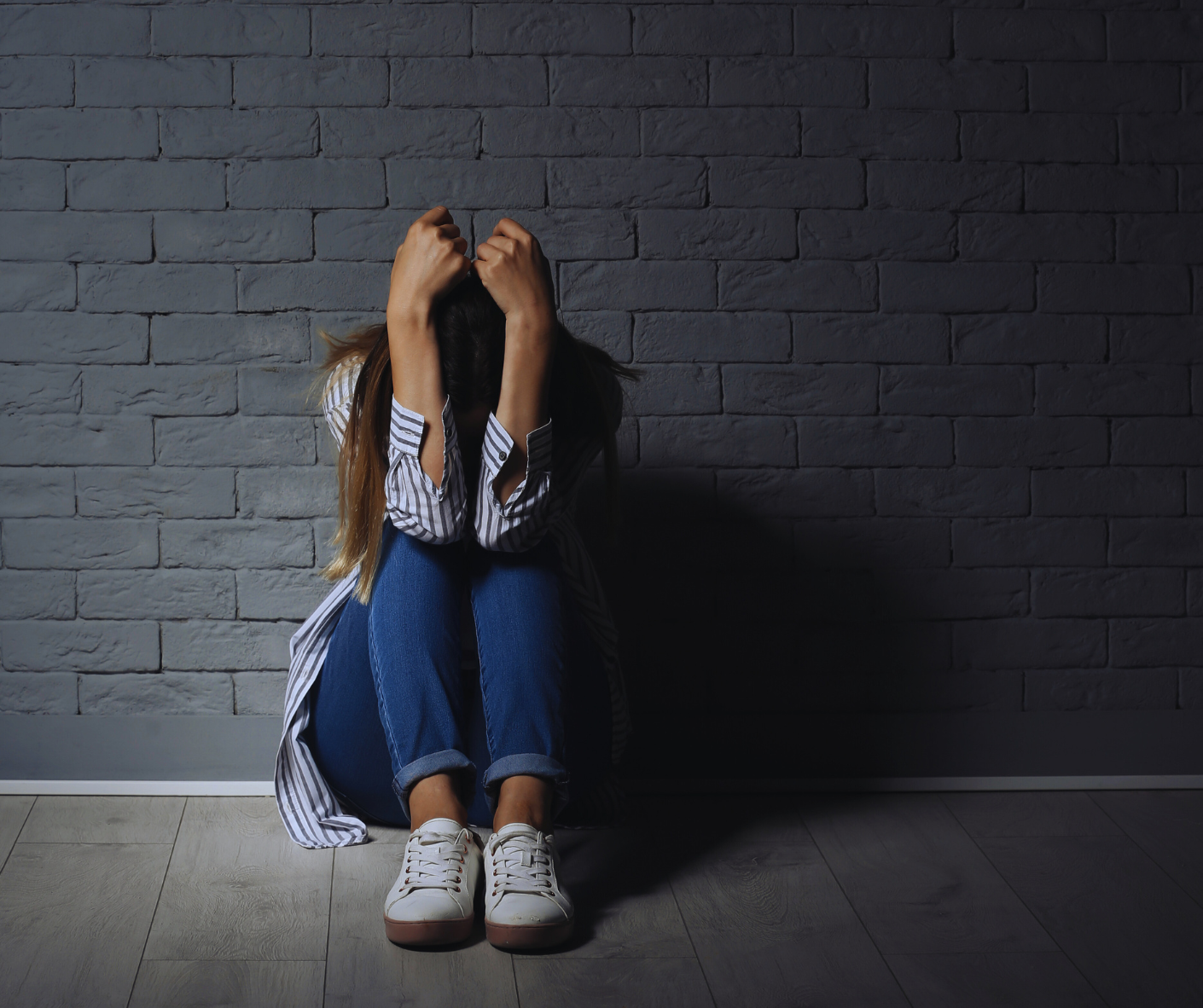Depression

Understanding Depression: Causes, Symptoms, and Treatments
Introduction
Depression is a common and serious mental health disorder that affects how you feel, think, and handle daily activities. It is more than just a feeling of sadness or a temporary emotional downturn; depression can be a persistent and debilitating condition. Understanding the causes, symptoms, and treatment options is crucial for managing depression effectively.
Causes of Depression
- Biological Causes:
- Genetics: A family history of depression may increase the risk of developing the disorder.
- Brain Chemistry: Imbalances in neurotransmitters, such as serotonin, dopamine, and norepinephrine, can contribute to depression.
- Hormonal Changes: Hormonal fluctuations due to pregnancy, menopause, thyroid problems, or other conditions can trigger depression.
- Psychological Causes:
- Trauma and Stress: Traumatic events, such as the loss of a loved one, abuse, or chronic stress, can lead to depression.
- Negative Thought Patterns: Persistent negative thinking and low self-esteem can contribute to depression.
- Personality Factors: Certain personality traits, such as perfectionism or being overly self-critical, can increase the risk of depression.
- Social and Environmental Causes:
- Isolation: Lack of social support and feelings of loneliness can contribute to depression.
- Substance Abuse: Alcohol or drug abuse can lead to or exacerbate depression.
- Life Circumstances: Financial difficulties, job loss, or relationship problems can trigger depression.
- Medical Conditions:
- Chronic Illnesses: Conditions like diabetes, heart disease, or chronic pain can lead to or worsen depression.
- Medications: Certain medications, such as those for high blood pressure or chronic pain, may have side effects that contribute to depression.
Symptoms of Depression
- Persistent sadness, hopelessness, or emptiness
- Loss of interest or pleasure in activities once enjoyed
- Fatigue or lack of energy
- Difficulty concentrating, remembering, or making decisions
- Changes in appetite or weight (either loss or gain)
- Sleep disturbances (insomnia or excessive sleeping)
- Feelings of worthlessness or excessive guilt
- Restlessness or irritability
- Physical symptoms such as headaches, digestive issues, or unexplained aches and pains
- Thoughts of death or suicide
Home Remedies for Depression
- Regular Exercise:
- Physical activity, such as walking, jogging, or yoga, can boost mood by increasing the production of endorphins and other mood-enhancing chemicals in the brain.
- Balanced Diet:
- Eating a diet rich in fruits, vegetables, whole grains, lean proteins, and omega-3 fatty acids can support brain health and improve mood.
- Adequate Sleep:
- Establishing a regular sleep schedule and creating a restful sleep environment can help improve mood and reduce depressive symptoms.
- Mindfulness and Meditation:
- Practices such as mindfulness meditation, deep breathing, or progressive muscle relaxation can help manage stress and reduce symptoms of depression.
- Social Support:
- Connecting with friends, family, or support groups can provide emotional support and reduce feelings of isolation.
- Limit Alcohol and Caffeine:
- Reducing or eliminating alcohol and caffeine intake can help stabilize mood and improve sleep quality.
- Journaling:
- Writing down thoughts and feelings can help process emotions and identify patterns that contribute to depression.
Clinical Treatments for Depression
- Psychotherapy:
- Cognitive Behavioral Therapy (CBT): Focuses on identifying and changing negative thought patterns and behaviors that contribute to depression.
- Interpersonal Therapy (IPT): Helps individuals improve their relationships and communication skills, which can alleviate depressive symptoms.
- Psychodynamic Therapy: Explores unconscious conflicts and how they contribute to depressive symptoms.
- Medications:
- Antidepressants: Medications such as selective serotonin reuptake inhibitors (SSRIs), serotonin-norepinephrine reuptake inhibitors (SNRIs), and tricyclic antidepressants (TCAs) are commonly prescribed to treat depression.
- Mood Stabilizers: Sometimes used in conjunction with antidepressants, especially in cases of bipolar disorder.
- Vitamin B Complex: Vitamin B-12 plays a role in producing brain chemicals that affect mood and other brain functions. Low levels of B-12 and other B vitamins such as vitamin B-6 and folate may be linked to depression. Earl Claytont Wellness Centre offers this treatment and to learn more about this wonder, schedule your appointment here.
- NAD+ Therapy: NAD treatment can help improve mood regulation by boosting the production of neurotransmitters such as serotonin, dopamine, and norepinephrine. These neurotransmitters help regulate mood and reduce anxiety. Earl Claytont Wellness Centre offers this treatment. To learn more, schedule your appointment here.
- Alternative Therapies:
- Electroconvulsive Therapy (ECT): Used in severe cases of depression that do not respond to other treatments, ECT involves brief electrical stimulation of the brain while the patient is under anesthesia.
- Transcranial Magnetic Stimulation (TMS): A non-invasive procedure that uses magnetic fields to stimulate nerve cells in the brain to improve symptoms of depression.
- Lifestyle Counseling:
- Healthcare providers may offer guidance on lifestyle changes, such as exercise, diet, and stress management, to help alleviate depression.
- Support Groups:
- Participating in support groups, either in person or online, can provide a sense of community and shared understanding, which can be comforting for those dealing with depression.
Alternative/Non-Invasive Treatments for Depression
For managing depression, the therapies offered by Earl Claytont Wellness Centre that may provide support and relief are:
- NAD+ Therapy:
- NAD+ therapy can support brain function and energy levels, potentially improving mood and cognitive function. It helps in reducing oxidative stress and enhancing overall mental well-being.
- Vitamin B Complex:
- B vitamins, especially B6, B9 (folate), and B12, are crucial for mental health. They help in the production of neurotransmitters and can support mood regulation and overall mental health.
- Full Spectrum Infrared Sauna:
- Infrared saunas can promote relaxation and reduce stress, which might help alleviate symptoms of depression. The calming effects and improved circulation can contribute to a better mood.
- PEMF (Pulsed Electromagnetic Field Therapy):
- PEMF therapy can help improve brain function, reduce inflammation, and promote relaxation. It may have potential benefits for mood regulation and mental health.
These therapies can be beneficial in supporting mental health and managing symptoms of depression, particularly when combined with other treatments and lifestyle changes.
Get your appointment for Free Medical Consultation by clicking the "Book Now" below for us to know which treatment is best for you.
When to Seek Medical Attention
- If depression is persistent, severe, or accompanied by thoughts of self-harm or suicide, it is essential to seek immediate medical attention. Depression is a treatable condition, and professional help can make a significant difference in recovery.
Conclusion
Depression is a complex and multifaceted condition that can have a profound impact on a person’s life. However, with the right combination of home remedies, clinical treatments, and support, it is possible to manage and overcome depression. Early intervention and ongoing care are key to improving quality of life and achieving lasting mental wellness.

